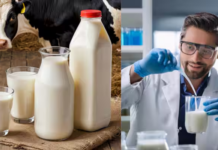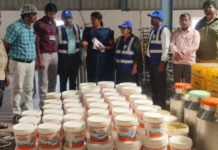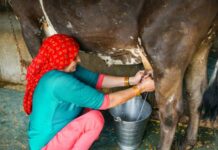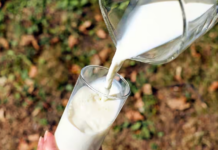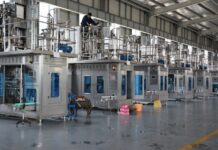New Delhi, December 02, 2022: Fonterra and Nestlé have announced a new partnership aimed at reducing New Zealand’s on-farm emissions.
The partnership hopes to achieve a “New Zealand first” – a commercially viable net zero carbon emissions dairy farm. The five-year project will be run with co-partner Dairy Trust Taranaki and will examine all aspects of the 290-hectare farm’s operations to reduce carbon. The initiative aims to cut emissions by 30% by mid-2027, with a view to reaching net zero carbon emissions in ten years.
Dairy Trust Taranaki will work with industry partners to reduce total emissions on the farm, including methane. The economically viable and practical solutions will be shared through open days with farmers, who can then adopt the techniques and technologies on their own farms.
Fonterra CEO, Miles Hurrell, said: “Part of our strategy is to lead in sustainability and we aspire to be net zero by 2050. We know we will make bigger gains, for both the coop and country, by partnering with others. Working with partners such as Nestlé is our best opportunity to create innovative solutions to local and global industry challenges.
“As well as our own goals, it’s important we help our customers achieve theirs. Nestlé has ambitious plans and we look forward to working together to discover systems that could help our farmer-owners to continue to build on the already good base they have.”
CEO of Nestlé New Zealand, Jennifer Chappell, commented: “To reduce our Scope 3 emissions, it’s critical we work with dairy farmers and their communities. Working towards a net zero farm means looking at all aspects of the farm, from cow nutrition to sequestering carbon. We will share what we learn on the journey across the dairy industry, with the goal of ultimately mainstreaming on-farm practices that will reduce the climate impact of the dairy industry.”
The partnership also includes the launch of a greenhouse gas farmer support pilot programme. This multi-year project will see participating Fonterra-supplying farms get additional support to implement changes aimed at reducing their on-farm emissions. The opt-in pilot will start with around 50 farms and be scaled up over the next three years according to the reports published in foodbev.com.



